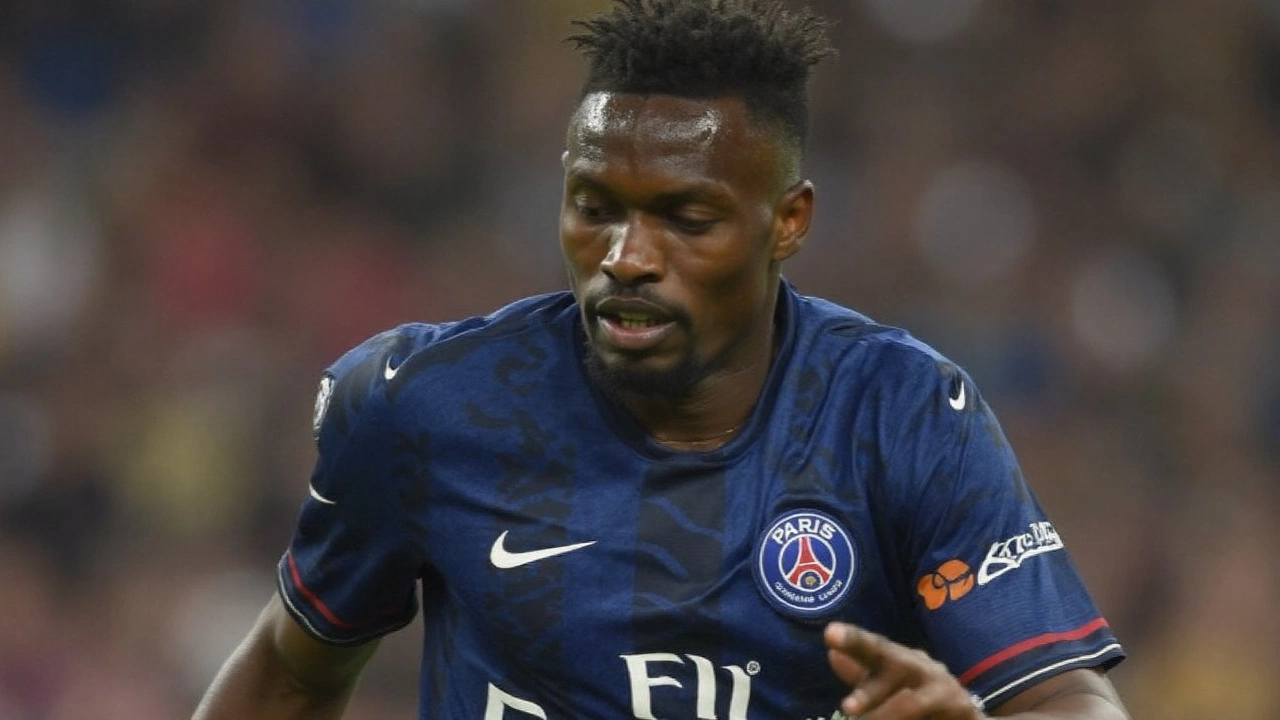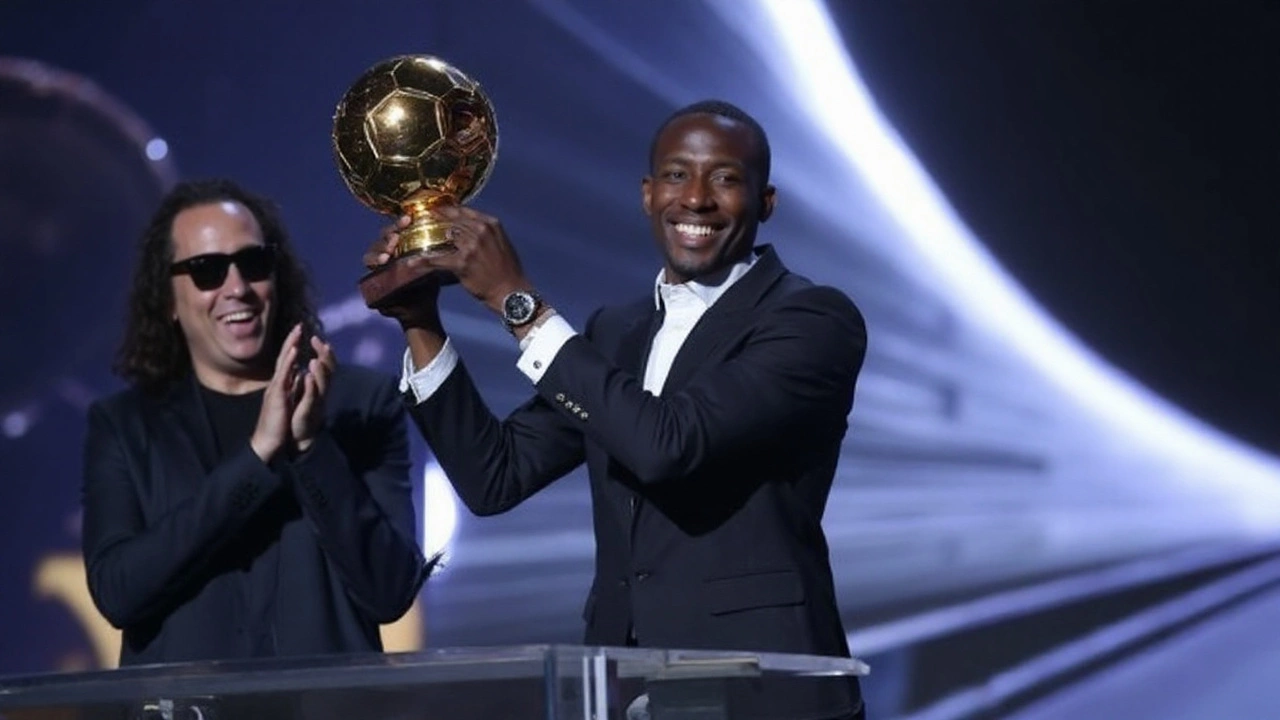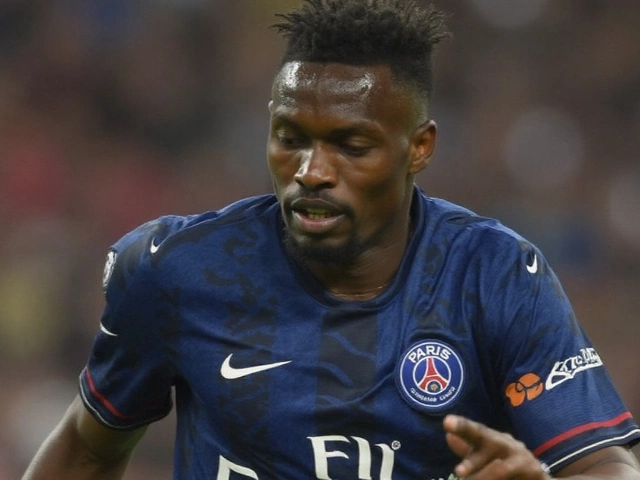Ballon d'Or Clash Forces PSG to Choose Between Ceremony and Match

Scheduling nightmare hits Paris Saint‑Germain
When the French federation moved the PSG‑Marseille showdown to September 22, 2025, nobody expected it to land straight on the night of the Ballon d'Or ceremony. The ceremony, held at Paris' historic Théâtre du Châtelet, is the pinnacle of individual football honors – a glittering affair where the world's best players and coaches collect golden statues. For PSG, however, the new date meant a direct clash between a domestic league clash and an event that had already promised major silverware for the club’s leading figures.
Club president Nasser Al‑Khelaifi was quick to acknowledge the dilemma. “We love our players and coaches being recognized on the world stage, but we also can’t afford to field a weakened side in Ligue 1,” he told reporters. The match carried extra weight because it was part of a tightly packed run‑in to the season’s final weeks, with PSG jostling for the league title and already having secured a historic treble, including their maiden Champions League triumph.
Coach Luis Enrique, the Spaniard who captured the Johan Cruyff Trophy for best men's coach, found himself faced with a binary choice: sit in a velvet‑lined seat at the ceremony or board a flight to Marseille, a round‑trip of nearly 800 kilometres. In the end, he chose the latter, swapping a night of applause for a tactical briefing on the bench. He recorded a brief acceptance video that was played during the ceremony, his voice echoing through the hall while his team battled on the pitch.

Impact on PSG and the wider game
Beyond the coach, several PSG stars were also on the awards short‑list. Ousmane Dembélé, who would eventually lift the men’s Ballon d'Or, was expected to attend the ceremony with his family. The rescheduling forced him to stay in the squad, a decision that, in hindsight, felt especially bitter after PSG fell 1‑0 to Marseille, with defender Nayef Aguerd finding the net in the 63rd minute.
The loss added a sour note to what should have been a celebratory night. Fans in the stands witnessed a muted celebration – the cheers for the club’s trophy‑winning season were dampened by the knowledge that their coach and star midfielder were missing the global spotlight. Social media lit up with mixed reactions: some praised the club’s professionalism, while others questioned whether a scheduling committee should have foreseen such a clash.
Football insiders point out that this isn’t an isolated incident. Over the past few years, the calendar has become increasingly congested, with domestic leagues, continental competitions, national team windows, and now award ceremonies all vying for limited dates. “We’re reaching a point where the sport’s marquee events are literally stepping on each other,” remarked former Premier League referee Mark Halsey.
Clubs like PSG are now forced to develop contingency plans. Some suggest that governing bodies could allocate a protected window for award nights, similar to the off‑season break given for the FIFA World Cup. Others argue that the solution lies with broadcasters, who might shift match times to accommodate both live football and live ceremony broadcasts.
For Luis Enrique, the experience was a lesson in balancing personal accolades with team responsibilities. In his post‑match interview, he said, “Winning the Johan Cruyff Trophy is an honor I’ll cherish forever, but my first duty is to my players. We’ll bounce back, but tonight it felt like we missed two celebrations in one go.”
As PSG prepares for the remainder of the season, the club’s management has signaled that they will push for clearer coordination in future scheduling. Fans, meanwhile, are left to wonder whether the next Ballon d'Or night will finally align with a quieter fixture list, allowing the stars to shine both on stage and on the field without having to choose.
